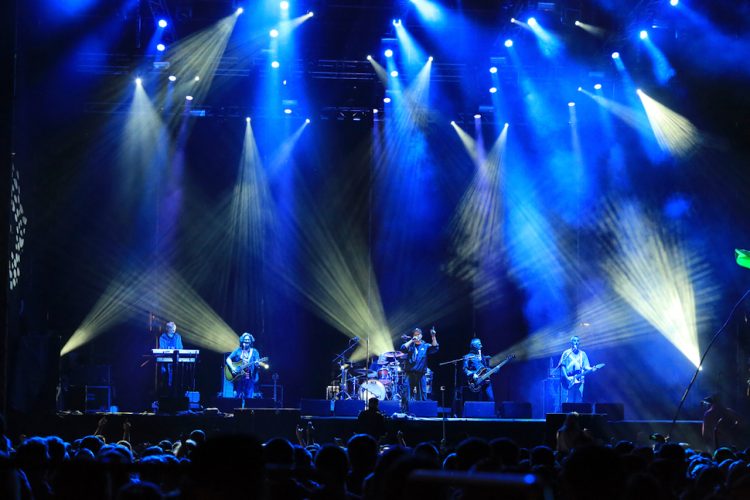
Noise-induced hearing loss
Exposure to noise is one of the leading causes of hearing loss. Our ears can be permanently damaged when exposed to sounds that are too loud (this is called acoustic trauma) or that are loud and repetitive.
4 factors to consider
The damage depends on specific factors including the intensity (volume) and the frequency of the noise (higher pitched sounds cause more damage), as well as the length of the exposure and the hearing protection worn (ear plugs, ear muffs, etc.).
Paying attention to all these factors can help prevent noise-induced hearing loss!
Exposure to noise for work or pleasure
Exposure to potentially harmful noise can occur in both recreational and professional settings.
RECREATIONAL ACTIVITIES
Some recreational activities are particularly loud and can damage hearing. These include hunting, motorcycling and attending concerts and nightclubs.
In particular, listening to music with headphones has become a problem since most people exceed a reasonable volume for safe listening.
PROFESSIONAL HEARING LOSS
Occupational hearing loss is on the rise, even though there are known means to prevent it. Approximately 25% of workers are at risk of developing noise-related hearing loss. Continuous noise will have a permanent impact on the hearing of exposed workers.
Repercussions not to be underestimated
After noise exposure, people may feel like they have a blocked ear or experience other symptoms, such as tinnitus (ringing in the ears) and hyperacusis (sensitivity to loud sounds).
Patients affected by noise exposure should have their hearing tested to detect and monitor their noise-induced hearing loss.
BY VIRGINIE HÉBERT, Audiologist, at our partner Polyclinique de l’Oreille










